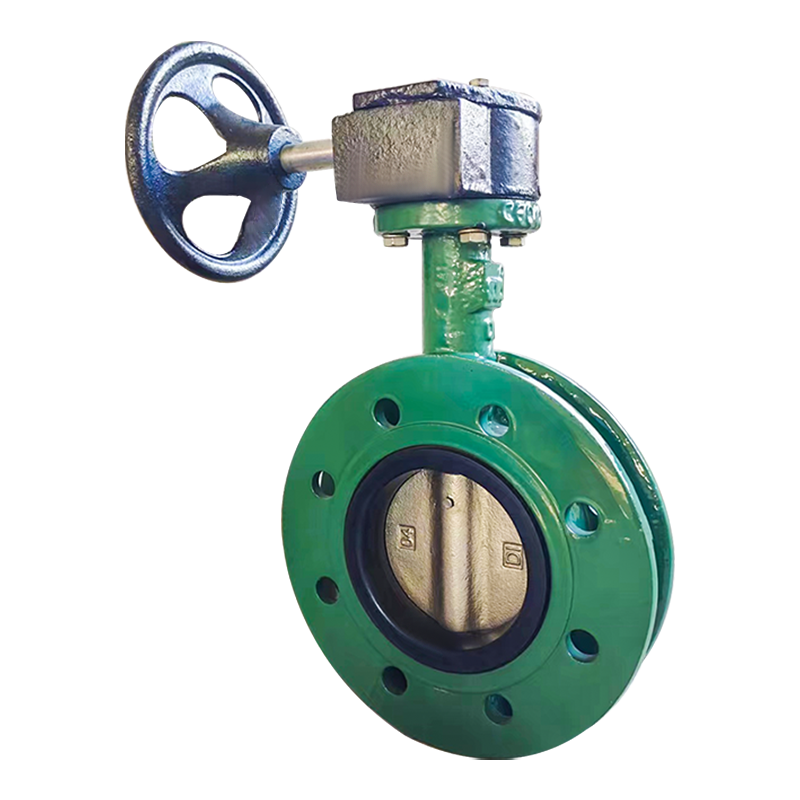
- Call Us
- +8618633052223
- njhdvlz@163.com
Aug . 01, 2024 06:54 Back to list
Top Manufacturers of 50mm Check Valves for Reliable Fluid Control Solutions in Various Industries
Understanding 50mm Check Valve Manufacturers
Check valves are essential components used in a variety of industrial applications, primarily focusing on preventing backflow in pipelines. A specific type of check valve, the 50mm check valve, is often used in water treatment plants, chemical processing, and HVAC systems. The significance of quality and reliability in check valve manufacturing cannot be overstated, especially when considering the challenges associated with fluid dynamics and pressure management. In this article, we will explore the roles and responsibilities of 50mm check valve manufacturers and the key factors influencing their products.
The Importance of Check Valves
Check valves are designed to allow fluid to flow in only one direction. This mechanism is crucial for maintaining pressure and avoiding the contamination of systems with unwanted backflow. In applications such as sewage treatment or chemical transfer, a reliable check valve can make the difference between a smoothly operating system and one that encounters severe operational challenges. A 50mm check valve, in particular, balances size and efficiency, serving medium-sized pipeline systems effectively.
Manufacturers of 50mm check valves play a vital role in ensuring that these components meet industry standards and regulations. Quality assurance is critical these products must withstand varying pressures and temperatures while providing reliable function over prolonged periods. Therefore, manufacturers invest heavily in research and development to create improved designs that minimize wear and optimize performance.
Key Factors in Manufacturing
1. Material Selection One of the foremost considerations in manufacturing check valves is the quality of materials. Manufacturers often choose materials such as stainless steel, brass, or PVC, depending on the application and the type of fluids being handled. For example, corrosive chemicals require materials that can withstand harsh environments without compromising structural integrity.
2. Design Specifications The design of a 50mm check valve involves intricate calculations and simulations to ensure optimal flow dynamics. Features such as seat design, disc material, and spring tension need to be meticulously planned to reduce turbulence and enhance performance.
50mm check valve manufacturers

3. Testing and Quality Control Dedicated testing procedures for prototypes ensure that the final products perform as intended. Various pressure tests, leakage tests, and operational simulations help manufacturers validate the safety and efficiency of their valves before they reach the market. Adhering to international quality standards such as ISO 9001 provides customers with confidence in their purchases.
4. Customization Many manufacturers offer customized solutions to meet specific client needs. Customization can include variations in size, material, and operational features. By understanding clients’ unique requirements, manufacturers can provide tailored solutions that enhance overall system performance.
5. Sustainability Practices In an increasingly environmentally conscious world, many manufacturers are taking steps towards sustainability. This may involve sourcing raw materials responsibly, minimizing waste during production, or designing products for easier recycling at the end of their life cycle.
Choosing the Right Manufacturer
When selecting a manufacturer for 50mm check valves, it is essential to consider several factors. Reputation is crucial; clients should seek manufacturers with proven track records in the industry. It’s also beneficial to check whether they provide comprehensive technical support, warranty terms, and service offerings post-sale. Additionally, understanding the manufacturer’s commitment to innovation and sustainability can provide insight into their long-term viability and ethical approach to business.
Conclusion
In conclusion, 50mm check valve manufacturers play a significant role in industrial applications by providing essential components that ensure the smooth operation of pipeline systems. By focusing on material selection, design, testing, customization, and sustainability, these manufacturers can deliver high-quality products that meet the demands of various industries. For businesses reliant on efficient fluid management systems, choosing the right manufacturer is pivotal to ensuring operational success and adherence to safety standards.
-
Stainless Steel Sanitary Butterfly Valve | Hygienic & Durable
NewsAug.02,2025
-
Double Flanged Short Pattern Butterfly Valve | Compact, Efficient Flow
NewsAug.01,2025
-
Precise 3-Inch Butterfly Valve Dimensions | Durable Flow
NewsJul.31,2025
-
3 Butterfly Valve Dimensions | GPT-4 Turbo Precision Specs
NewsJul.31,2025
-
Stainless Steel Sanitary Butterfly Valve for Hygienic Flow Control
NewsJul.30,2025
-
High-Performance Groove Butterfly Valve for Easy Installation
NewsJul.30,2025